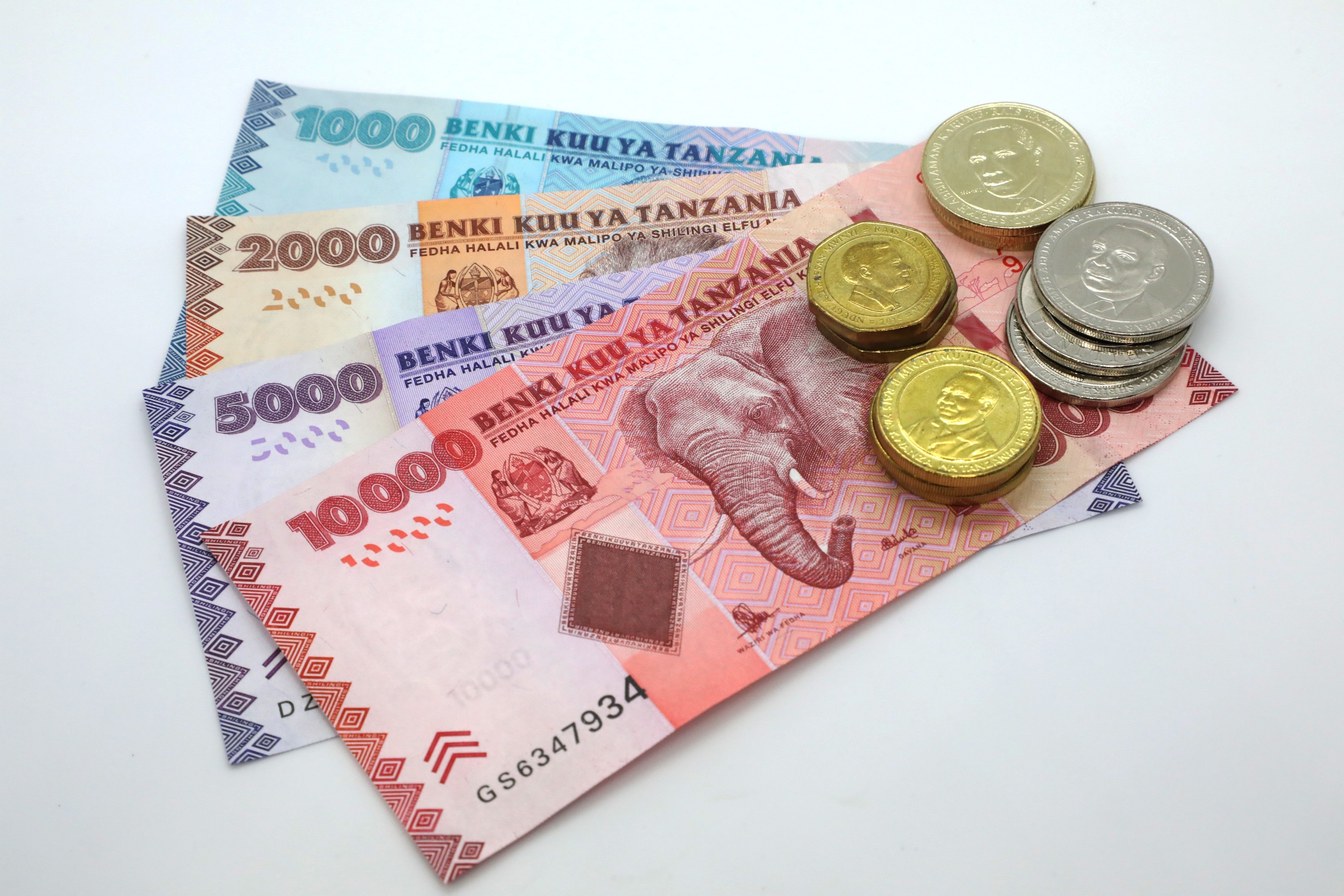
Dar es Salaam. Tanzanians can rest assured that prices of essential imported goods will remain stable, thanks to the stability of the local currency.
Bank of Tanzania (BoT) figures show that the shilling has been stable against the US dollar and other major international currencies for about one year now.
During the entire second half of 2020, the shilling registered an average depreciation of only 0.4 percent against the dollar. This was lower than a depreciation of 0.6 percent during the corresponding period in 2019.
The shilling exchanged at between Sh2,304.23 and Sh2,309.97 to the dollar compared to between Sh2,299.26 and Sh2,300.95 to the dollar during the corresponding period in 2019.
“This stability was occasioned by low inflation; prudent monetary and fiscal policies; low global oil prices; moderate current account balance reinforced by an increase in non-traditional exports, particularly gold, manufactured goods, and horticultural goods,” Mr Suleiman Missango of BoT’s Research Department told The Citizen yesterday.
He said BoT has been promoting transparency and an orderly foreign exchange market to ensure stability of the local currency.
Analysts say a stable shilling means that prices of imported products in the local market will also be stable.
“It simply means that prices of imported goods like oil, clothes and industrial products, among others, will also be stable in the local market. This is good news to the Tanzanian consumer,” said economics professor Honest Ngowi.
He said a stable shilling allows importers to effectively and precisely predict retail prices of their merchandise.
“By helping one who imports in US dollars, but sells in shillings, a stable local currency finally benefits the consumer,” he said.
According to BoT’s Monthly Economic Review for December, which covers the period ending November 2020, domestic pump prices of petroleum products were lower during the period compared to the previous corresponding period.
Prices of petrol, diesel and kerosene declined by 13.5 percent, 19.1 percent, and 15.1 percent, respectively, in November 2020 compared to the corresponding month in 2019.
In November 2020, a total of $33.3 million was transacted in the interbank foreign exchange market (IFEM).
The amount was lower than the $40.6 million traded in October 2020. BoT sold $13.5 million in the IFEM to support import demand, and ensure orderly foreign exchange operations in November.
The country also received more in foreign currency in cash crop export proceeds.
Almost all of the country’s export products were on an upward swing, with gold bringing in a record $2.856 billion during the year ending November 2020, up from $2.138 billion during the year ending November 2019.
Earnings from exports of manufactured goods rose to $896 million during the year ending November 2020, from $816 million during the year ending November 2019.
During the same period, earnings from traditional exports rose to $826.1 million from $745.1 million during the preceding year, while earnings from exports of oil seeds, cereals, cocoa, raw hides and skins, and woods were recorded at $907 million during the year ending November 2020, up from $797 million during the preceding year.
While mineral concentrates and diamonds earned Tanzania only $109.7 million during the year ending November 2019, the same earned the country a staggering $409.9 million during the year ending November 2020. The earnings were enough to offset a 47 percent drop in earnings from tourism.





No comments :
Post a Comment